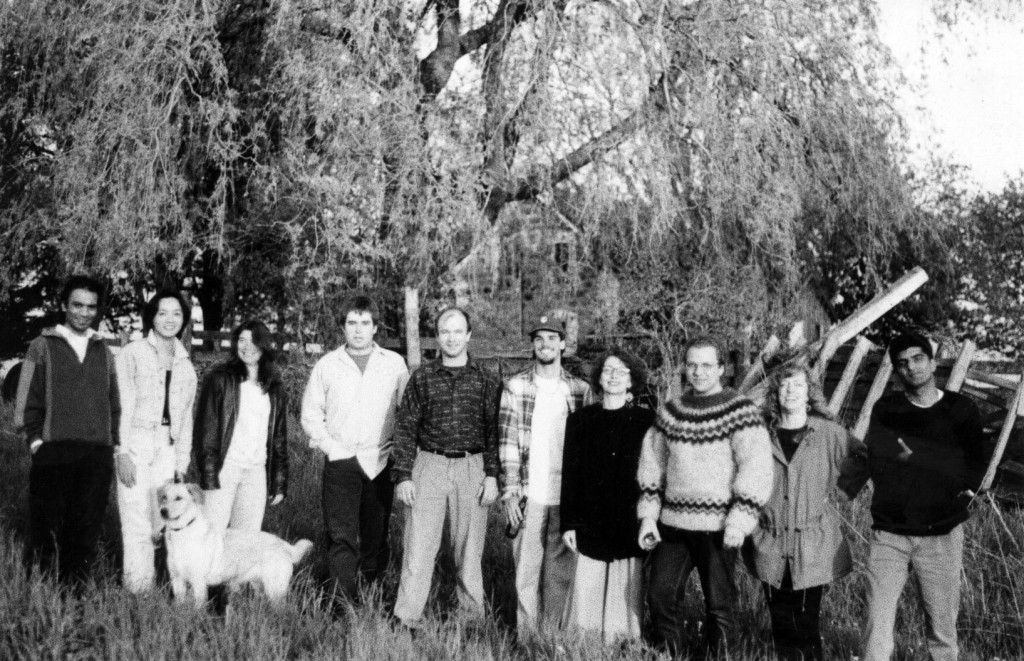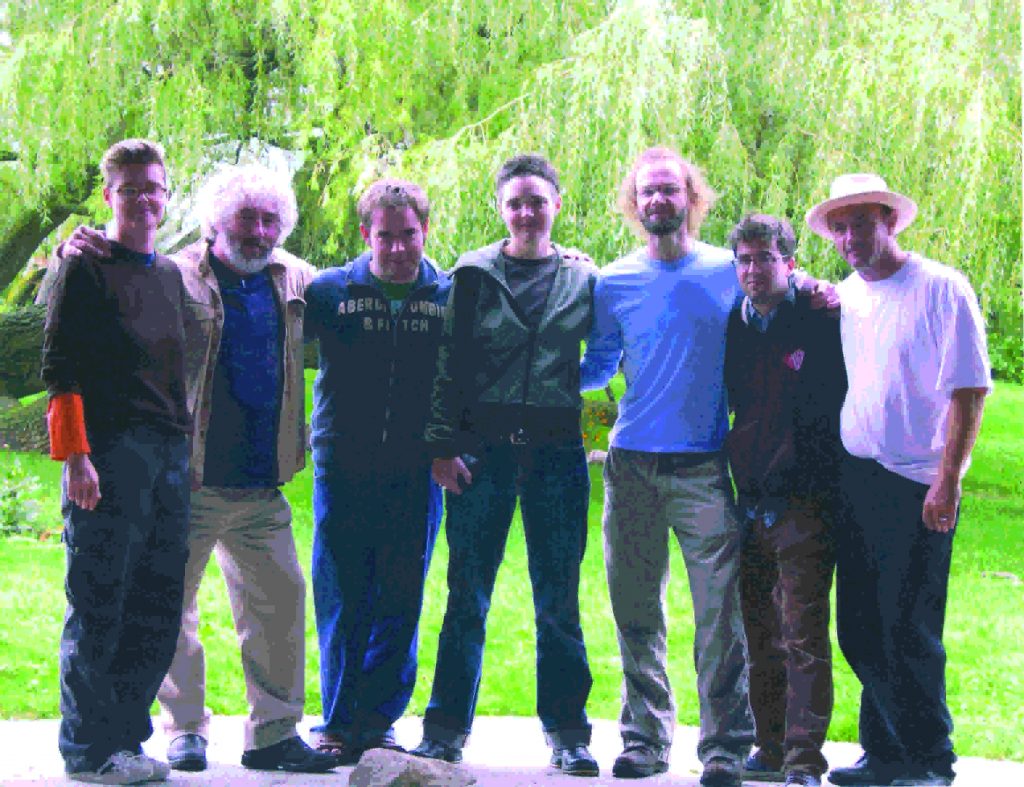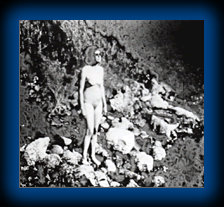Fish in the Sky: Beginnings of a filmmaking retreat (read article)

David Gatten on his first Film Farm visit in 1995 (from `American Film History’)(View Article)

Women, Nature and Chemistry: Hand-Processed Films from The Independent Imaging Workshop
by Janine Marchessault
The representation of nature has been a central and longstanding aesthetic preoccupation in Canadian art and iconography. Nowhere is this more in evidence than in a series of films that have emerged from Philip Hoffman’s Hand Processing Film workshop located on a forty acre farm in Southern Ontario. Since 1994, the films coming out of this summer retreat have been remarkable in terms of the consistency of their themes and innovative aesthetic approaches. One finds here a new generation of women experimental filmmakers exploring the boundaries between identity, film, chemistry and nature. (View article)

“An Arrow, Not a Target”, by Scott MacKenzie
(in Mette Hjort, ed. The Education of the Filmmaker: Views From Around the World. Palgrave-Macmillan, 2013) (View Article)
The Harvest of Philip Hoffman
by Janis Cole
(POV ISSUE 58 SUMMER 2005)
For 10 years, filmmaker and York University professor Philip Hoffman has been teaching filmmaking, from shooting to processing, at his summer farm. Janis Cole provides a colourful look at the workings of this wonderful project. (View Article)
20th Anniversary Screenings
A Pact with the Process: 20 Years of Film Farm
Pleasure Dome
LUX FILM FARM A Hand Processing Film Workshop with Philip Hoffman
LUX
20 YEARS IN THE BARN: THE WINNIPEG 20TH ANNIVERSARY FILM FARM SHOW
WNDX
Film Farm 20th Anniversary Screening at Echo Park Film Center
Canyon Cinema
Film Farm 20th Anniversary Screening
Echo Park Film Center
Your Film Farm Manifesto of Process Cinema
In Film Manifestos and Global Cinema Cultures, edited by Scott Mackenzie. 105-106. University of California Press, 2014.
Enter through the big barn doors, without
sketches and scripts, without props and actors.
Your films will surface through the relationship between your camera and what passes in front. It may take the whole of the workshop for you to shake away the habit of planning, what has become the guiding light of the economy-driven film world.
Not having the blanket of preconception, the processes
of collect, reflect, revise, mirror the archeology of your formation.
Dive deep to encounter those strange fish that stare without seeing
or wander the fields to meet beautiful beasts.
Mental processes effect the physical when the mind is open to what appears in front of you. These images you make will be charged with your inner architecture. Don’t be surprised if a person, animal, place or thing shows you a way to go. These pathways can be provocative, treacherous and joyful. They are places you have to go, one way or another, so you might as well start your trip.
The camera holds the film, and waits for light to pass through the lens. When you release the trigger, a mechanical shutter lets the image in, focused through the lens which controls the quantity of the light. What you film will be effected by uncontrollable sun bursts, and the various tones and textures that the camera passes over. With the open field before you, these little gifts can have a say, in the making of your film.
In the darkroom you watch the image surface. The big world you filmed isn’t bigger than the small world that slowly appears. Hand processing movie film is a complex soup of various forces. Heat, time, light, movement, all work together and an image somehow forms through the silvery magic of the photo-chemical process. Errors of time and application can render your film opaque or clear, but you still have a latent image burned into your mind, which can be brought forward on another filming trip. Slighter inconsistencies can upset your expectations and pose a question you would never ask, if all went perfectly.
Leaving the workshop can be as hard as entering. If you have found intensity it might seem that the normal world you return to, has gone somewhat eskew…when perception shifts the familiar becomes strange. Holding onto the experience allows it to resonate for months to come, and hopefully fuels the finishing of your film, and the initiation of new ones. -Philip Hoffman 2013
Ken Paul Rosenthal on his Film Farm visit
Films and Fairy Dust
by Cara Morton
It started with this dream: I am surrounded by lowing cattle. The moon is pregnant, promising, full. The air is sweet and warm and I am on my back, floating in the grass, while Maya Deren pulls a tiny key from her mouth again and again, while Maya Deren pulls a tiny key from her mouth again and again, while Maya Deren … Kazaam! Hang on a second … this isn’t a dream at all. This is real. I am on a filmmaking retreat taught by Phil Hoffman on his enchanted property just outside Mount Forest, two blessed hours from Toronto. (View article)

The Independent Imaging Retreat
by Chris Gehman
The Independent Imaging Retreat, now in its tenth year, was founded by Canadian filmmakers Philip Hoffman and Marian McMahon to encourage a direct, hands-on approach to filmmaking that is far removed from the costly, hierarchical and inaccessible industrial model, with its intensive division of labour into many specialized craft areas. Each summer it brings to Mount Forest, Ontario, a small group of interested filmmakers – some novices and some highly experienced – for an intensive week of shooting, processing, watching and editing, most of the action taking place in and around an old barn on Hoffman’s property. (View Article)


